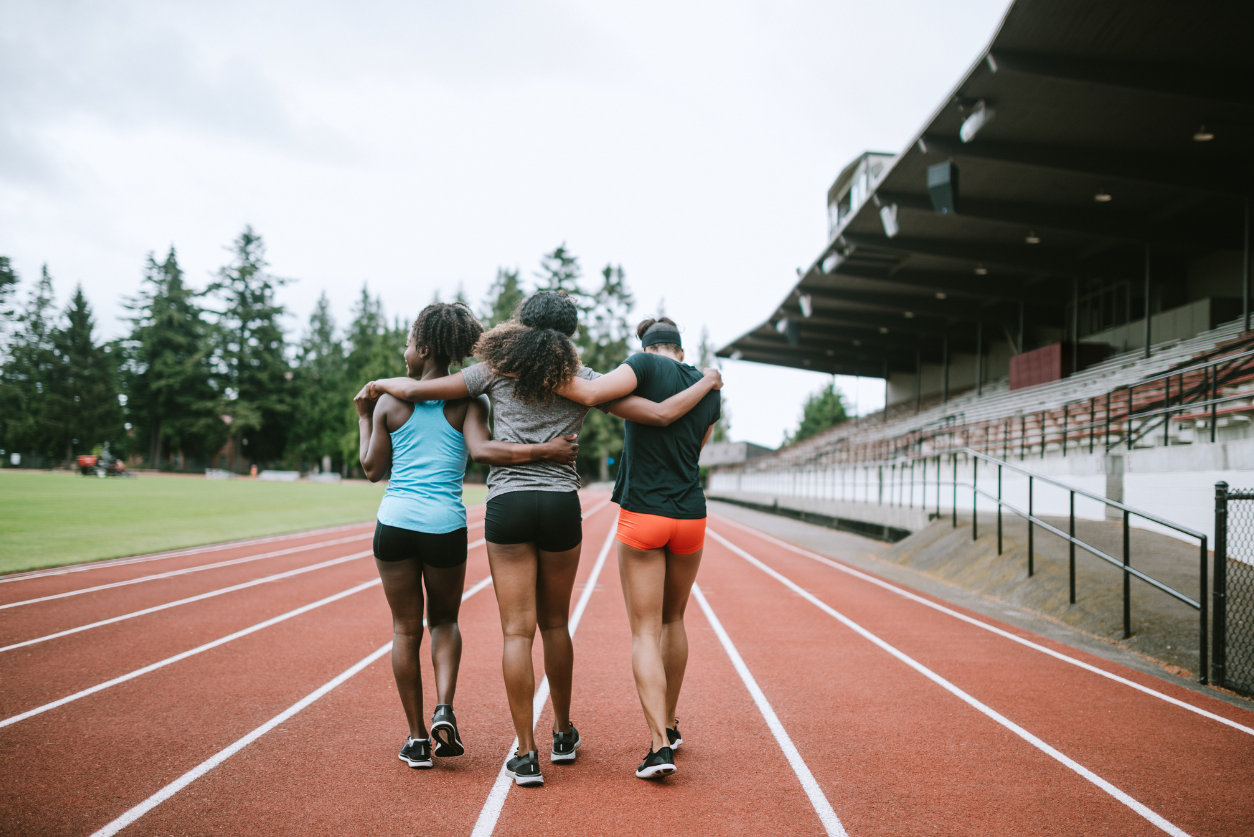The world of sports often shines a spotlight on athletes’ physical achievements, but it’s equally important to acknowledge the mental challenges they face. Unfortunately, there have been numerous stories of athletes struggling with mental health issues, leading to tragic consequences.
However, there is hope. By understanding the factors that can affect an athlete’s mental health and implementing strategies for prevention and support, we can help create a healthier and more supportive environment for athletes of all levels.
The Pressures of Athletic Performance
Athletes often face immense pressure to perform at their best. This pressure can come from coaches, teammates, fans, and even themselves. Playing sports can be a very positive experience despite the pressure that comes with it.
The constant need to prove oneself can lead to feelings of anxiety, stress, and even depression. Additionally, the competitive nature of sports can create a toxic environment where young athletes feel the need to hide their weaknesses or vulnerabilities. This is especially true in team sports where there is increased pressure in young adults to not let down their teammates.
The Impact of Injuries
Injuries can have a devastating impact on an athlete’s mental health. When athletes are unable to compete, they may experience feelings of loss, frustration, and despair. This can lead to depression, anxiety, and even substance abuse.
Furthermore, the recovery process can be physically and emotionally demanding. This makes it difficult for athletes to maintain a positive outlook.
The Importance of Self-Care
Self-care is essential for athletes to protect their mental health and optimize their performance. It involves actively taking steps to preserve or improve your well-being, encompassing physical, emotional, psychological, and social aspects. Here are some key self-care practices for athletes:
- Prioritize sleep: Aim for 7-9 hours of quality sleep each night. Create a relaxing bedtime routine, ensure your sleep environment is dark, quiet, and cool, and avoid stimulants like caffeine and alcohol before bed.
- Fuel your body: Eat a balanced diet rich in fruits, vegetables, whole grains, lean proteins, and healthy fats. Stay hydrated by drinking plenty of water throughout the day.
- Move your body: Engage in regular physical activity beyond your sport-specific training. This could include activities like yoga, hiking, swimming, or dancing.
- Manage stress: Incorporate stress management techniques into your routine. Practice deep breathing exercises, meditation, mindfulness, or progressive muscle relaxation.
- Connect with others: Build strong relationships with friends, family, and teammates. Spend time socializing and engaging in activities you enjoy.
- Set realistic goals: Establish achievable goals for both your athletic performance and personal life. Celebrate your accomplishments and learn from setbacks.
- Take breaks: Avoid overtraining and burnout by scheduling rest days and time off from sports.
- Seek professional help: If you’re struggling with mental health issues, don’t hesitate to seek help from a therapist or counselor.
Remember, self-care is not selfish; it’s essential for your overall well-being and success as an athlete. By prioritizing self-care, you can improve your mental resilience, enhance your performance, and enjoy a more fulfilling athletic experience.
Seeking Professional Help
If you’re struggling with your mental health, don’t hesitate to seek professional help. A therapist or counselor can provide you with the tools and support you need to manage your symptoms and improve your overall well-being.
Creating a Supportive Environment
It’s important for coaches, teammates, and parents to create a supportive environment for athletes. This means fostering a culture of respect, empathy, and understanding. Encourage athletes to talk openly about their feelings and avoid stigmatizing mental health issues.
Supporting an Athlete Struggling with Mental Health
If you’re concerned about a friend or teammate who may be struggling with mental health, it’s important to offer support in a compassionate and understanding way. Here are some recommendations:
- Listen actively: Create a safe space for your friend to share their feelings without judgment. Avoid offering unsolicited advice or minimizing their experiences. Instead, focus on listening attentively and validating their emotions.
- Encourage professional help: Gently suggest that your friend seek professional help from a therapist or counselor. Let them know that you’re there to support them and that seeking help is a sign of strength, not weakness.
- Be patient and understanding: Remember that recovery takes time. Be patient and understanding as your friend works through their challenges. Offer your support and encouragement throughout their journey.
Conclusion
Protecting mental health for athletes is essential for their overall well-being and success. By understanding the factors that can affect mental health and implementing strategies for prevention and support, we can help create a healthier and more supportive environment for athletes of all levels. Remember, it’s okay to seek help, and there are resources available to support you.
At Launch Sports Performance, we understand the unique challenges athletes face and are committed to providing the support and resources they need to succeed. Our team of experienced professionals offers a range of services, including mental game coaching, performance coaching, and injury prevention programs.
At Launch Sports Performance, our mental game coaching services are designed to help athletes develop the mental toughness and resilience needed to succeed. Our experienced coaches utilize evidence-based techniques to help athletes improve their focus, manage stress, enhance self-belief, and overcome mental blocks. We work with athletes of all ages and levels to help them unlock their full potential and achieve their athletic goals.
If you’re looking to improve your athletic performance, while balancing the mental health struggles that come with it, we encourage you to reach out to us today.

